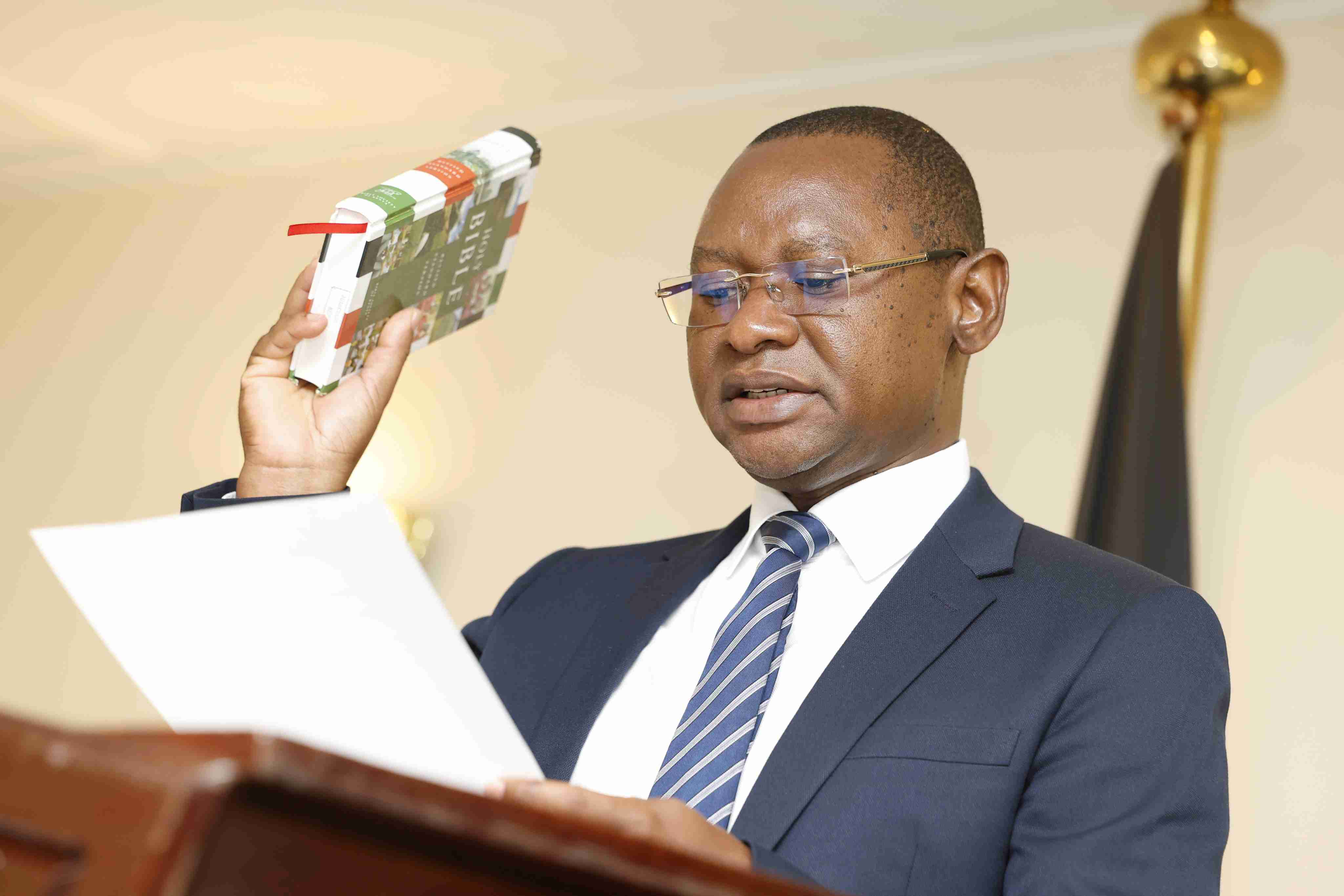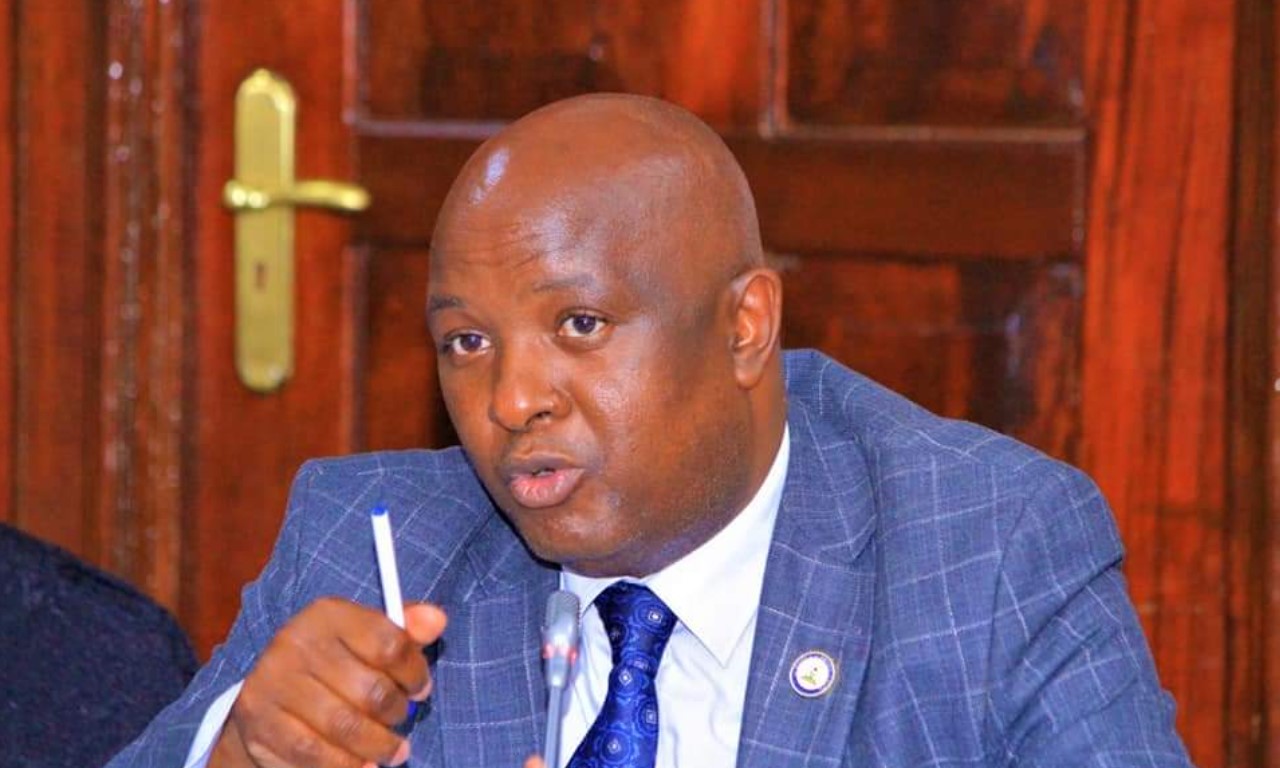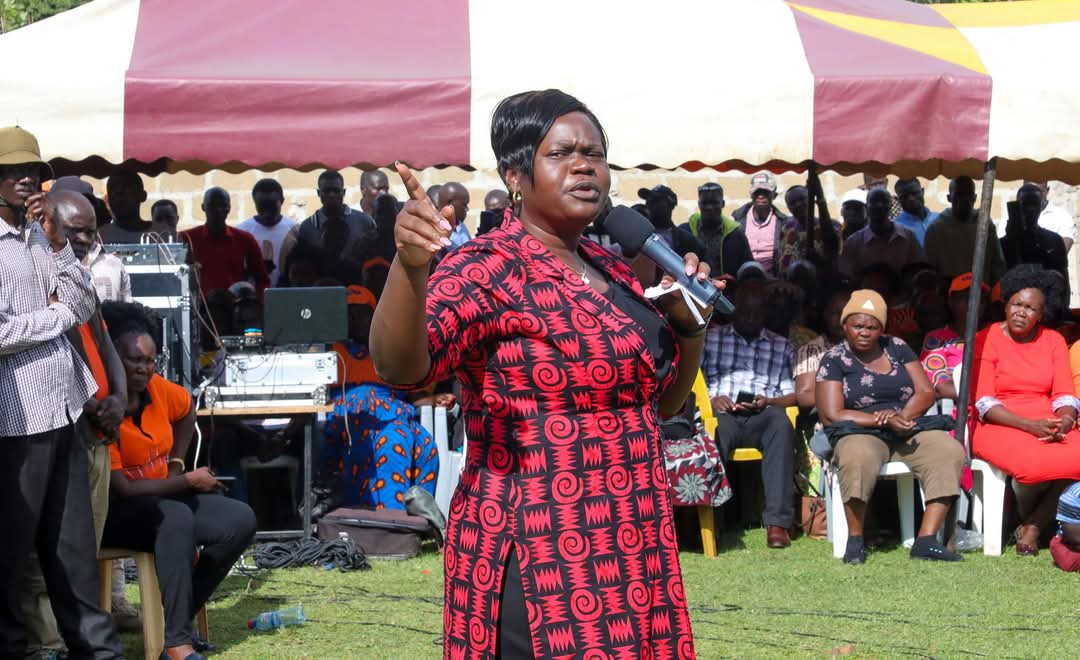Legal storm brews over Kenya’s cyber law as petitioners cry foul on privacy and expression

The petitioners argue that the new cybercrime law violates constitutional rights to privacy, free expression, and data protection, and was passed without proper public participation or Senate approval.
A petition has been filed in the High Court challenging the constitutionality of the Computer Misuse and Cybercrimes (Amendment) Act, 2024, which President William Ruto signed into law on October 24, 2025.
The petition, lodged by Reuben Kigame Lichete and the Kenya Human Rights Commission (KHRC), claims that the new law violates several constitutional rights, including the right to privacy, freedom of expression, and data protection.
More To Read
- Civil society raises alarm over 2027 election readiness after chaotic by‑elections
- Kigame seeks court nod for private prosecutions over 2024–2025 protest abuses
- Communications Authority of Kenya takes LSK to court over controversial cybercrime law
- Kenya’s crackdown on activists spotlighted at AU rights summit
- High Court suspends enforcement of disputed sections of cybercrime law pending petition hearing
- Activist files petition challenging Cybercrimes Act 2024 over free speech fears
The Attorney General and the Speaker of the National Assembly have been named as respondents, while the Kenya Union of Journalists (KUJ), Media Council of Kenya, Law Society of Kenya (LSK), and the Data Protection Commissioner have been listed as interested parties.
'Vague and overbroad provisions'
According to the petitioners, the amendments introduce “vague and overbroad provisions” that infringe on fundamental freedoms guaranteed under Articles 31, 33, 35, and 47 of the Constitution.
They particularly take issue with the law’s requirement for mandatory verification of all social media accounts, arguing that it unlawfully compels citizens to disclose personal identifiers and legal names — a move they say infringes the right to privacy and violates data minimisation principles under the Data Protection Act, 2019.
The petition also contends that the amendment compromises the independence of the Office of the Data Protection Commissioner (ODPC) by creating overlapping and conflicting data collection and oversight frameworks.
In addition, the petitioners challenge the legislative process, claiming that Parliament passed the Bill without sufficient public participation. They argue it should have been treated as a Bill concerning county governments under Article 110(1) of the Constitution.
Failure to secure the Senate’s concurrence, they argue, “rendered the entire enactment procedurally defective.”
Through Mutuma Gichuru & Associates Advocates, the petitioners are asking the court to nullify the amendments and reaffirm that the Data Protection Act, 2019, remains the country’s primary legal framework governing personal data.
The case has been referred to the Constitutional and Human Rights Division of the High Court for directions.
Top Stories Today












































